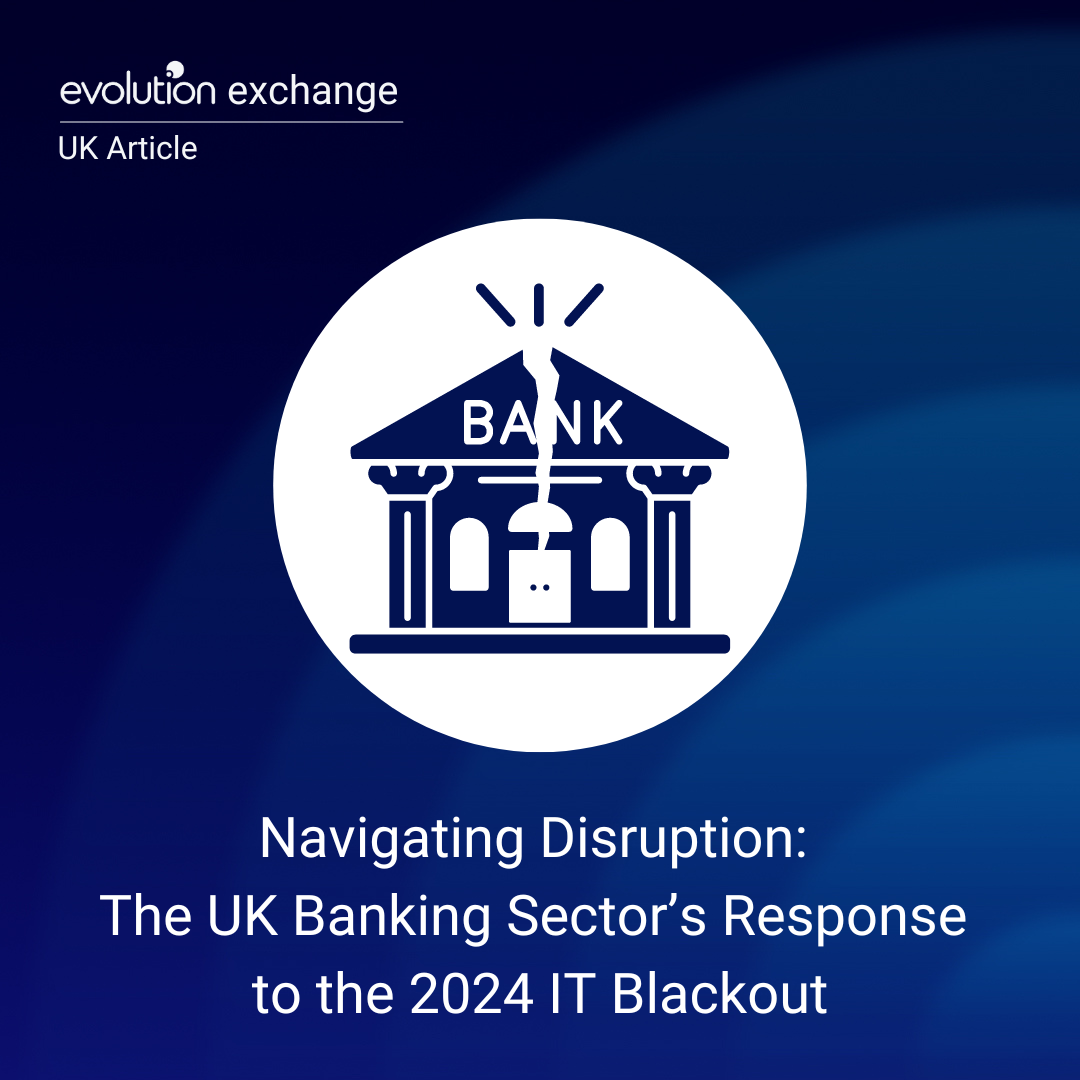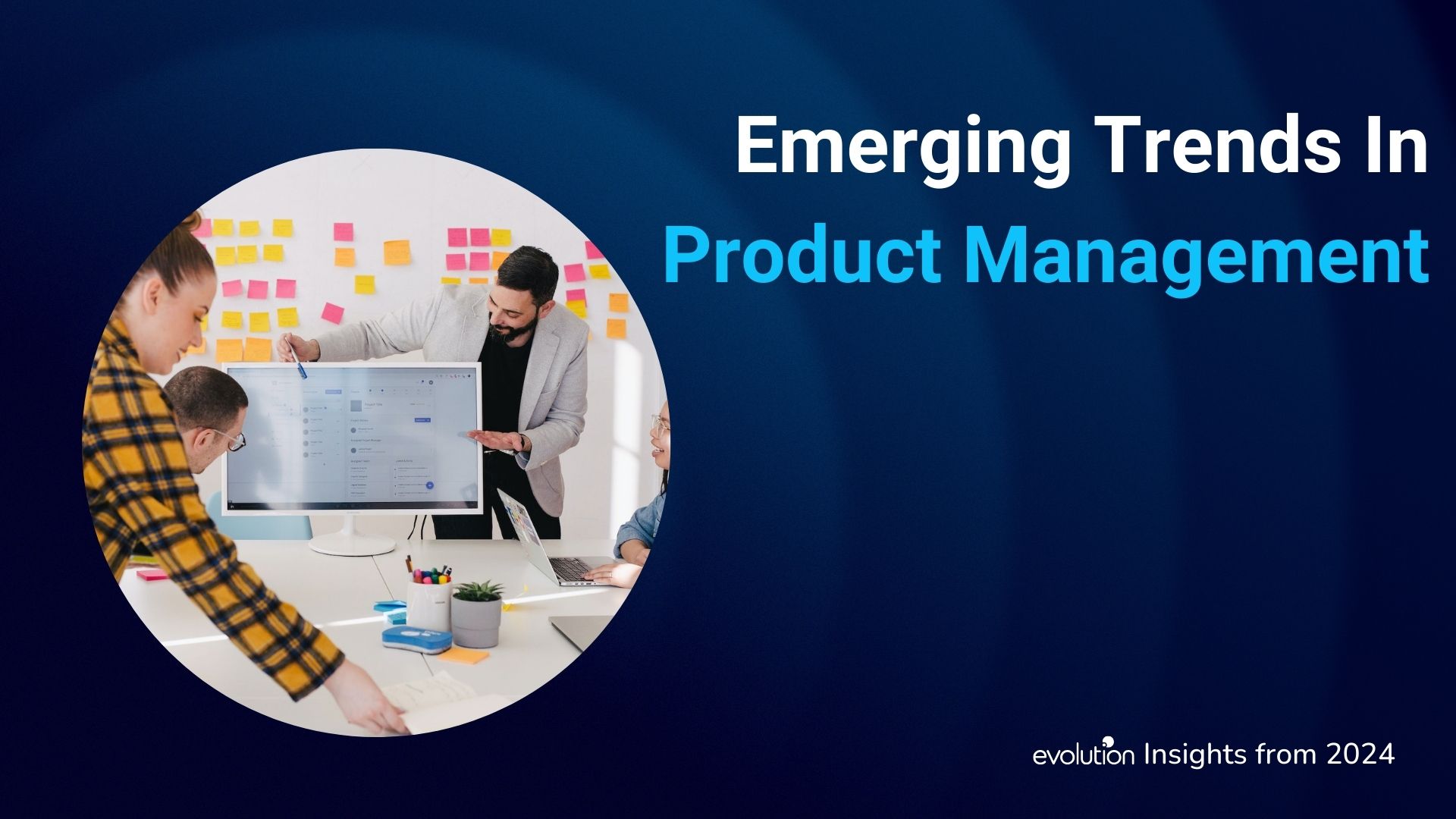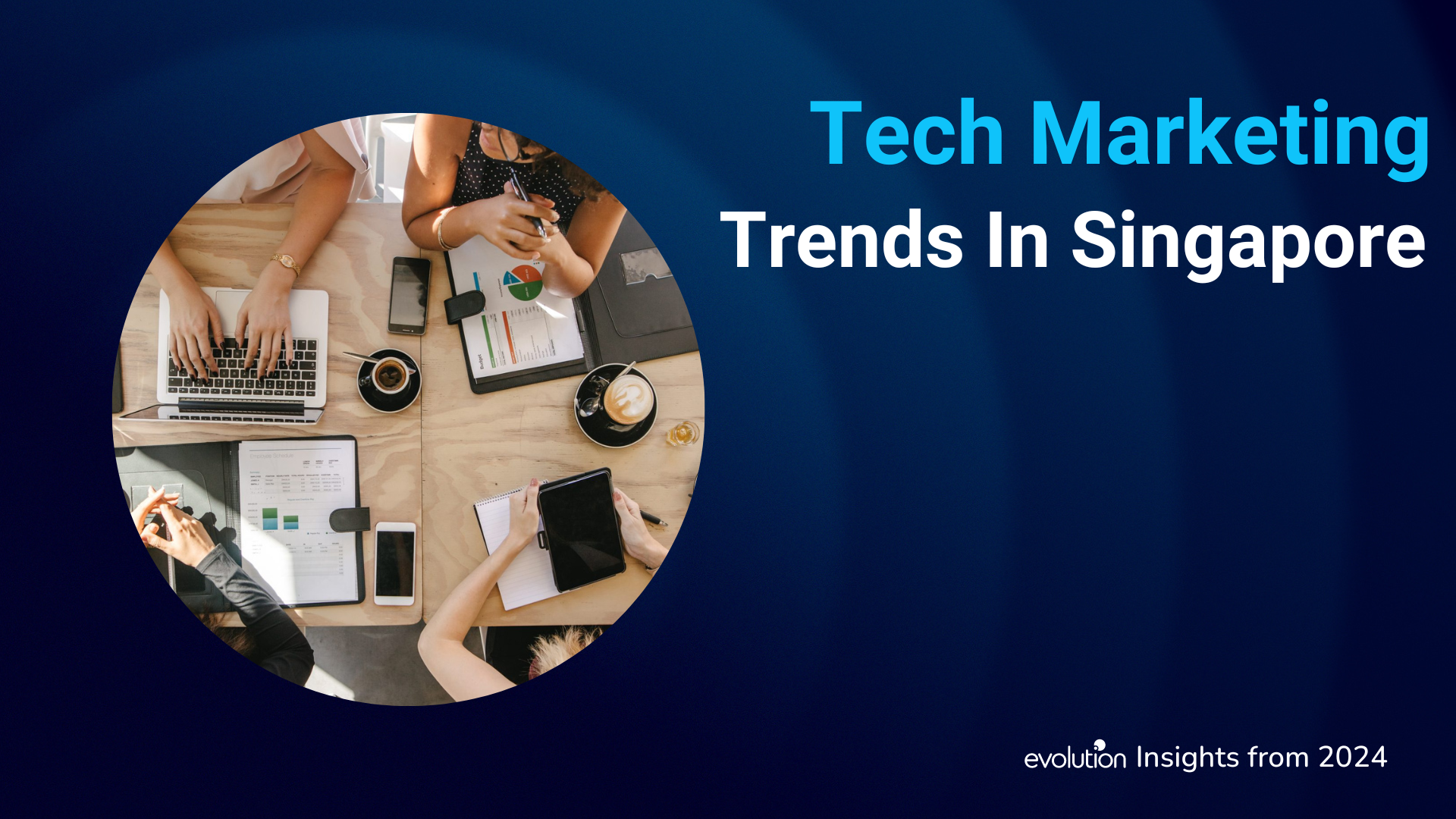Lee Rickles, Chief Information Officer at Humber Teaching NHS Foundation Trust, hails from humble beginnings in one of the UK’s poorest areas at the time – Preston Road in Hull. “My family comes from a good old-fashioned family that always had the view that you need to get a trade under your belt,” Lee shares. He took that advice to heart, starting as a fitter apprentice before earning an undergraduate degree that allowed him to transition into the aerospace industry.
Lee spent years as a “firefighter” of sorts in programmes and projects at companies like British Aerospace, stepping in to solve problems and improve processes using methods like lean thinking and concurrent engineering. However, a career shift was sparked when investment declined in Hull’s aerospace sector and Lee chose to prioritise his young family over relocating.
Pivoting to a Digital Career in the NHS
Making a pivotal move, Lee joined the NHS as a project manager, taking a pay cut but staying rooted in his community. “I moved sideways. I ended up dealing with a lot of IT stuff,” he recalls. From there, his digital career blossomed as he advanced to leadership roles like Head of Informatics and Head of Business Development for the Health Informatics service.
The path wasn’t always smooth, however. Lee experienced a period of marginalisation after a restructuring that he describes as “a really bad experience” where he didn’t get support and felt pushed aside. But that adversity became a catalyst: “It did force me to reflect on what was going on and then effectively reinvent myself.”
Championing Digital Transformation and Allyship
Reinventing himself, Lee embraced a passion for improving NHS services through technology and data sharing. He became a driving force behind initiatives like the Humber region’s shared care record and the Yorkshire and Humber Secure Data Environment.
At the core of his work is a profound belief in allyship – using his position of privilege to create supportive partnerships and amplify underrepresented voices. “How do you get that at a personal level? You’ve got to be a good listener to understand how allyship can work,” Lee states. “If you’re one of those that say it but don’t do it, then you’ve just got the wrong attitude.”
Leading with Empathy and Understanding
For Lee, allyship is woven into his leadership philosophy and how he nurtures his teams at Humber. He cites examples like supporting staff in earning BCS accreditations to overcome imposter syndrome, and launching a regional emerging leaders programme to develop diverse talent.
The experience of being marginalised himself was transformative. “It’s definitely made me more sympathetic, more aware…there is more to life than work,” Lee reflects. “We work to live, not live to work.” This shift has guided him to lead with greater empathy, flexibility and focus on understanding each team member’s individual needs.
Confronting Bias and Promoting Inclusion
In the broader professional sphere, Lee is cognisant of the need to keep calling out bias and promoting inclusion. “I think the key bit is the learning experience and then the action around something like that for me as a person, but also for the people involved,” he says of addressing discriminatory behaviours.
He’s candid about the tech field’s lack of diversity at senior levels: “Too many CIOs are white, male…they don’t reflect the diversity in ethnicity that you need to be more effective.” Lee sees allyship as crucial for “getting the best possible people working in our industry irrespective of their race, ethnicity, religious values, [or] sexual orientation” rather than simply replicating the status quo.
The Personal Roots of Digital Allyship
Lee’ passion for digital transformation is deeply intertwined with his personal roots. Watching his father suffer a major stroke crystalised his drive to improve data sharing and quality of care. “If I can just do a little bit more to make life a little bit easier for my parents or similar parents in this region, then at least I’ve done something that has some real value,” he explains.
His working-class Hull upbringing also instilled a strong sense of community and desire to elevate his hometown, which has transformed from one of the UK’s worst places to live into a cultural renaissance over the past 20 years. “I am proud of being [from Hull] and I do want to give back to it,” Lee states.
Advice for Male Allies
When asked for advice to male allies, Lee emphasises the importance of personal connections: “Talk to your staff. Understand them, understand the differences, their personal challenges, [and] how you can support them at whatever level.”
He cautions against one-size-fits-all initiatives, instead advocating for tailored support that accounts for each person’s individual development goals and circumstances. Building alliances with peers can help amplify personal efforts: “Do it as a set of peers and allies,” Lee suggests.
At its core, his approach follows a simple principle of empathy and humanity: “Don’t come up with grand plans that cover everybody because everybody’s got a different development plan. Everyone’s got a different challenge.”
From his fitter apprentice roots to his current digital leadership role, Lee Rickles’ professional journey underscores the power of pragmatic, community-focused allyship that uplifts others through understanding and creating opportunities, not just words. His inspirational story serves as a model for how male allies can drive real change through personal growth, embracing humility, and elevating the teams and communities around them.




























